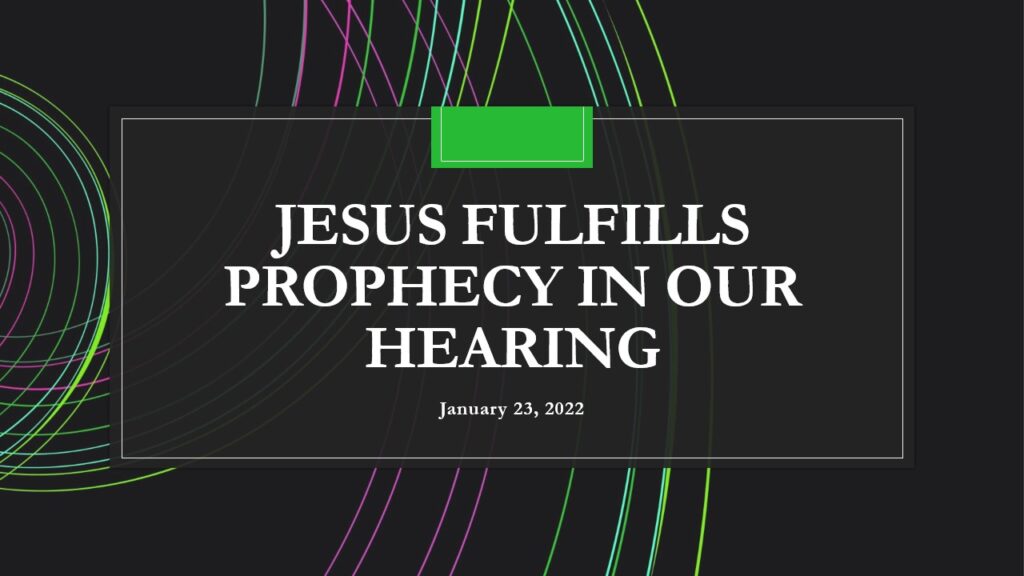
The First Sunday in Lent showed us the Son of Man as He met the enemy, Satan, face to face. Jesus defeated His arch rival with the sword of the Spirit, which is God’s word. The Second Sunday brings us Jesus’ own prophecy concerning His death as the way in which His mission must be accomplished. To those who are Christians, it seems unbelievable that someone (Herod) would want to murder or reject Jesus.
At the root of anyone’s rejection of Jesus, however, is the truth that the person doesn’t see our Lord as the only solution for sin. A rejector either thinks there is no true God to whom all remain answerable to His demand to not sin, or thinks he is “good enough” and doesn’t believe God takes sin so seriously.
But let the suffering and death of Jesus remind us of how seriously God took sin! Let the suffering and death of Jesus comfort us that He lived perfectly and died sacrificially as our Substitute, and rose triumphantly to make His victory our victory over sin and death.








